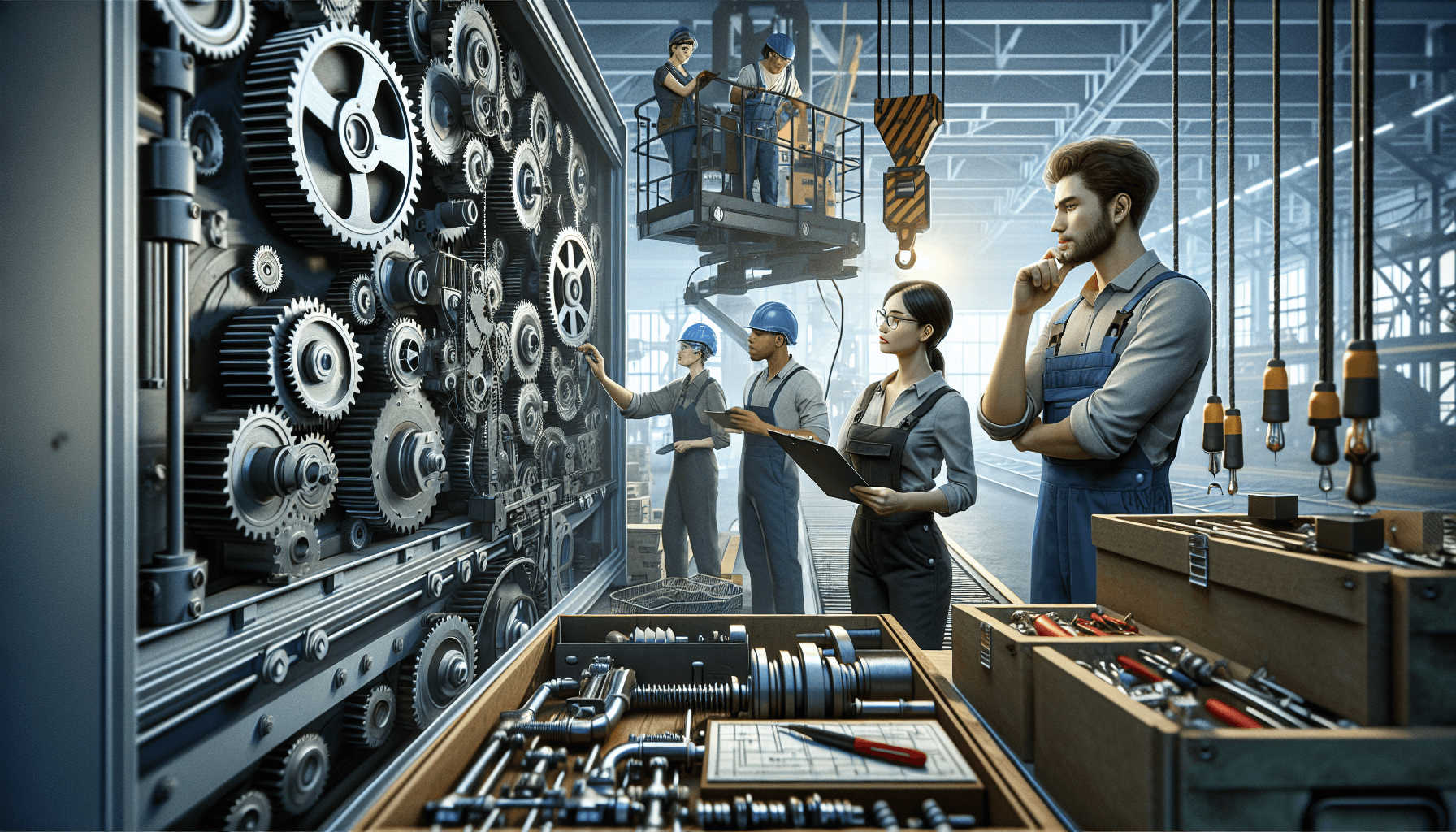Regular maintenance is a crucial aspect of ensuring the smooth and efficient operation of material handling equipment within a warehouse. Whether you are using forklifts, conveyors, or automated robotic systems, proper maintenance is essential for maximizing their lifespan and minimizing unplanned downtime.
Benefits of Regular Maintenance
Regular maintenance offers a wide array of benefits that directly impact the productivity, safety, and cost-effectiveness of warehouse operations.
- Improved Equipment Reliability: By conducting regular maintenance, you can identify and address potential issues before they escalate into major breakdowns. This proactive approach ensures that your material handling equipment remains reliable, reducing the risks of unexpected failures and the associated costs of equipment replacement.
- Enhanced Safety: Well-maintained equipment is less likely to malfunction or break down during operation, minimizing the risk of accidents or injuries at the workplace. Additionally, scheduled maintenance allows you to inspect and repair any safety features, ensuring compliance with industry regulations and keeping your workforce protected.
- Increased Efficiency and Productivity: Material handling equipment that is in optimal condition operates at peak performance levels. Regular maintenance helps to keep equipment operating smoothly, reducing downtime due to repairs and maximizing productivity within the warehouse. It also allows for early detection of any performance inefficiencies, allowing for timely adjustments or upgrades to streamline processes.
- Cost Savings: Proactive maintenance can save your business significant costs in the long run. By detecting and addressing issues early on, you can avoid major breakdowns that may require costly repairs or equipment replacements. Additionally, well-maintained equipment tends to consume less energy, resulting in lower operating costs.
Key Components of Regular Maintenance
When it comes to material handling equipment maintenance, several essential components should be considered:
- Inspections: Regular inspections are necessary to identify any signs of wear, damage, or malfunction. Inspecting critical components such as belts, chains, motors, and sensors can help identify potential issues and prevent equipment failure.
- Cleaning and Lubrication: Dust, dirt, and debris can accumulate over time and affect the performance of equipment. Regular cleaning and lubrication help prevent mechanical issues and keep equipment running smoothly.
- Replacement of Wear Parts: Certain parts of material handling equipment, such as tires, belts, or filters, may wear out over time. Regular maintenance involves inspecting and replacing these wear parts to ensure optimal performance and prevent unexpected failures.
- Testing and Calibration: Testing and calibrating the equipment periodically help to verify its accuracy and functionality. This is especially important for automated systems that rely on precise measurements and positioning.
- Training and Education: Regular maintenance should be accompanied by training and educating your warehouse staff on equipment operation and maintenance procedures. This ensures that they have the knowledge and skills to identify potential issues and carry out routine maintenance tasks.
Implementing a comprehensive maintenance plan for your material handling equipment is essential for maximizing its lifespan and optimizing its performance. It is recommended to consult with experts like HCO Innovations, who specialize in warehouse optimization solutions. They can provide valuable insights and help develop a customized maintenance strategy tailored to your specific operational needs.
By prioritizing regular maintenance and partnering with experts in warehouse optimization solutions, you can ensure the longevity, safety, and efficiency of your material handling equipment. Take the necessary steps today to maintain the equipment that drives your warehouse operations smoothly.
For more information on material handling equipment management, please visit HCO Innovations.

